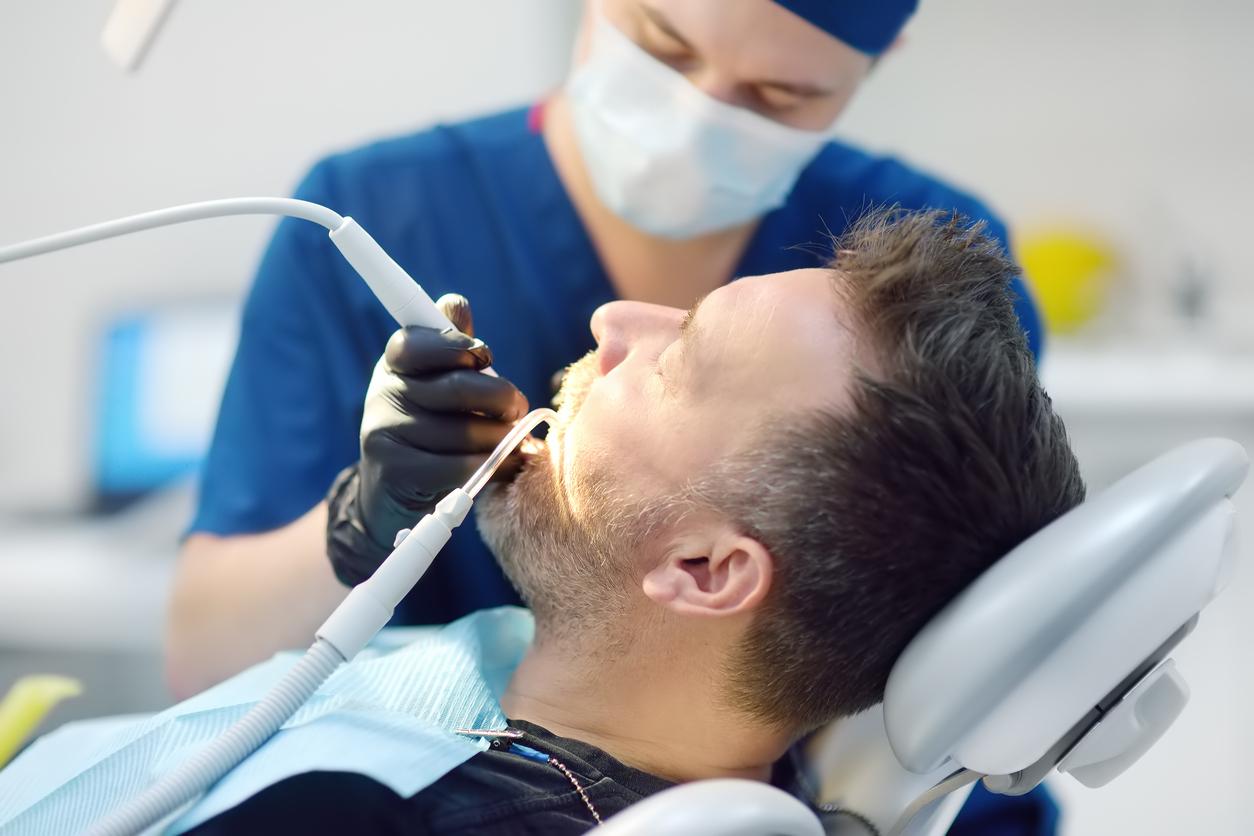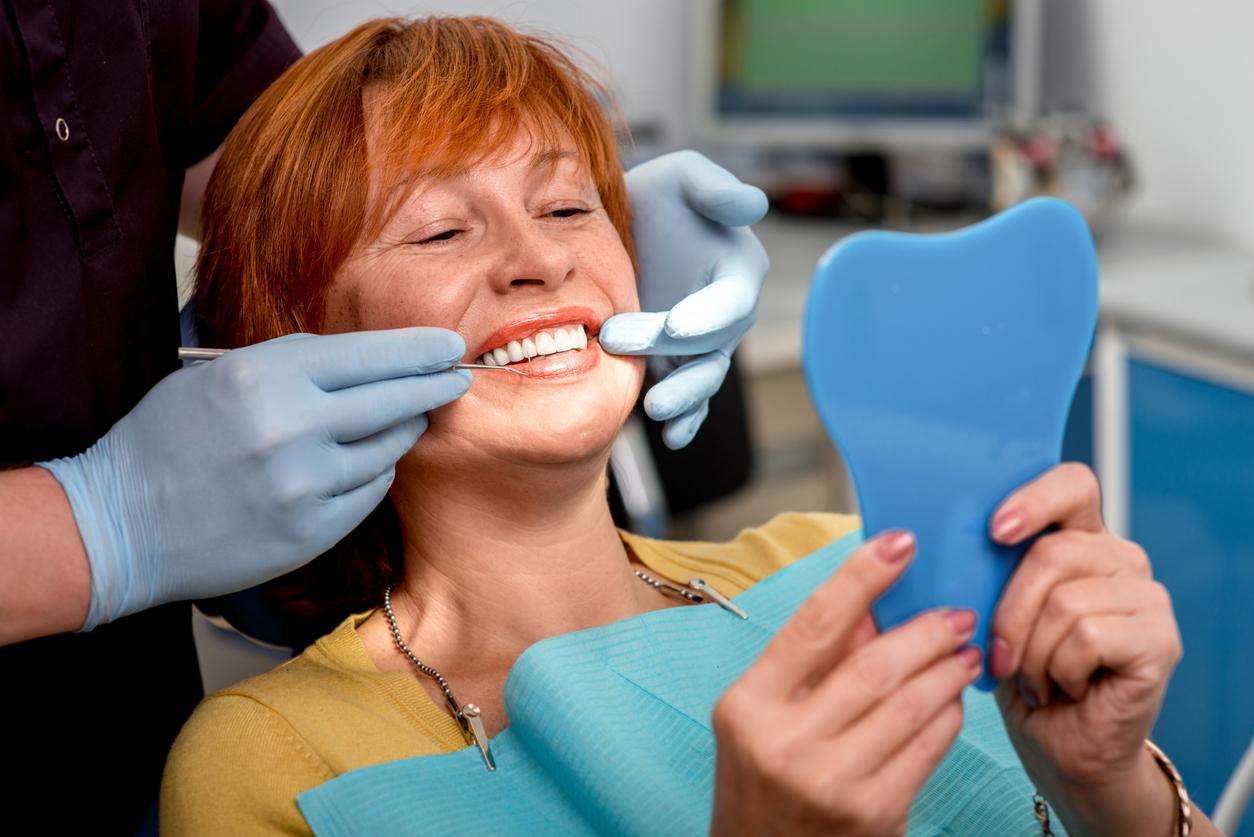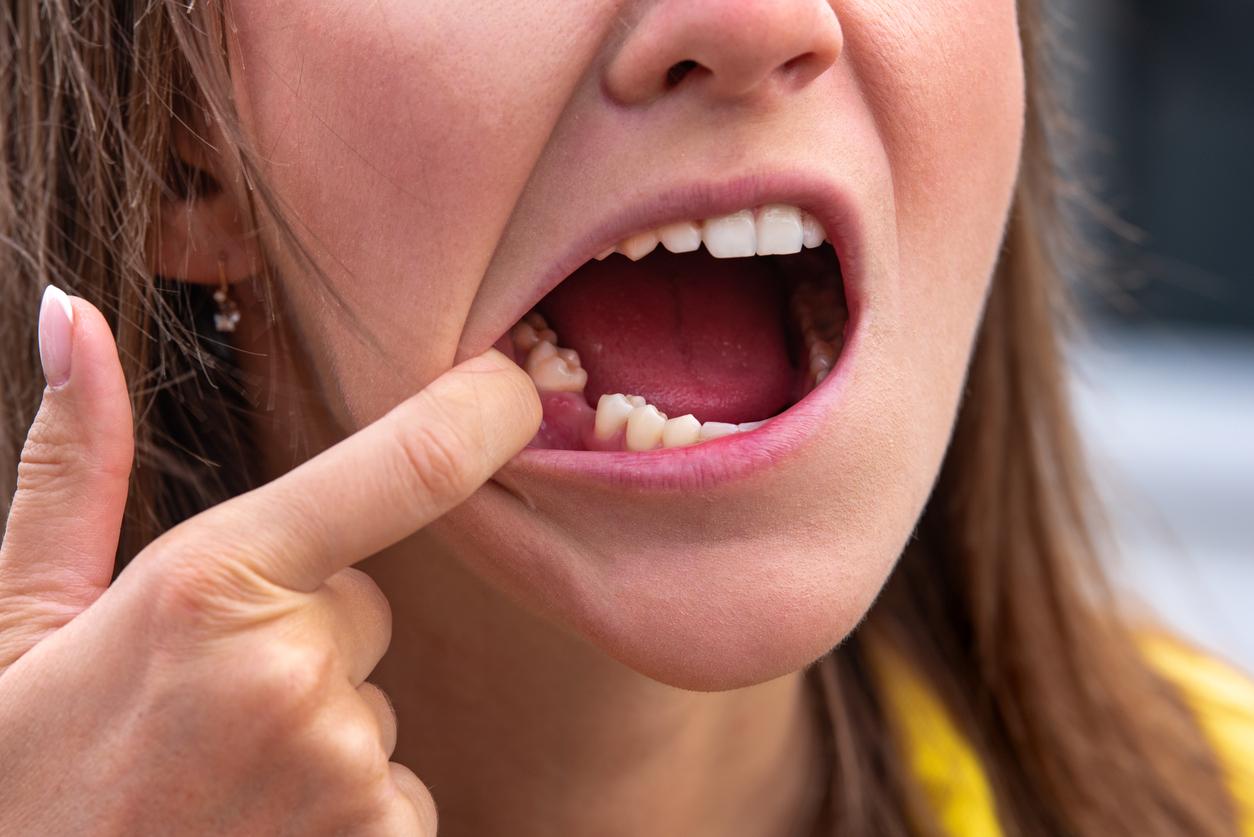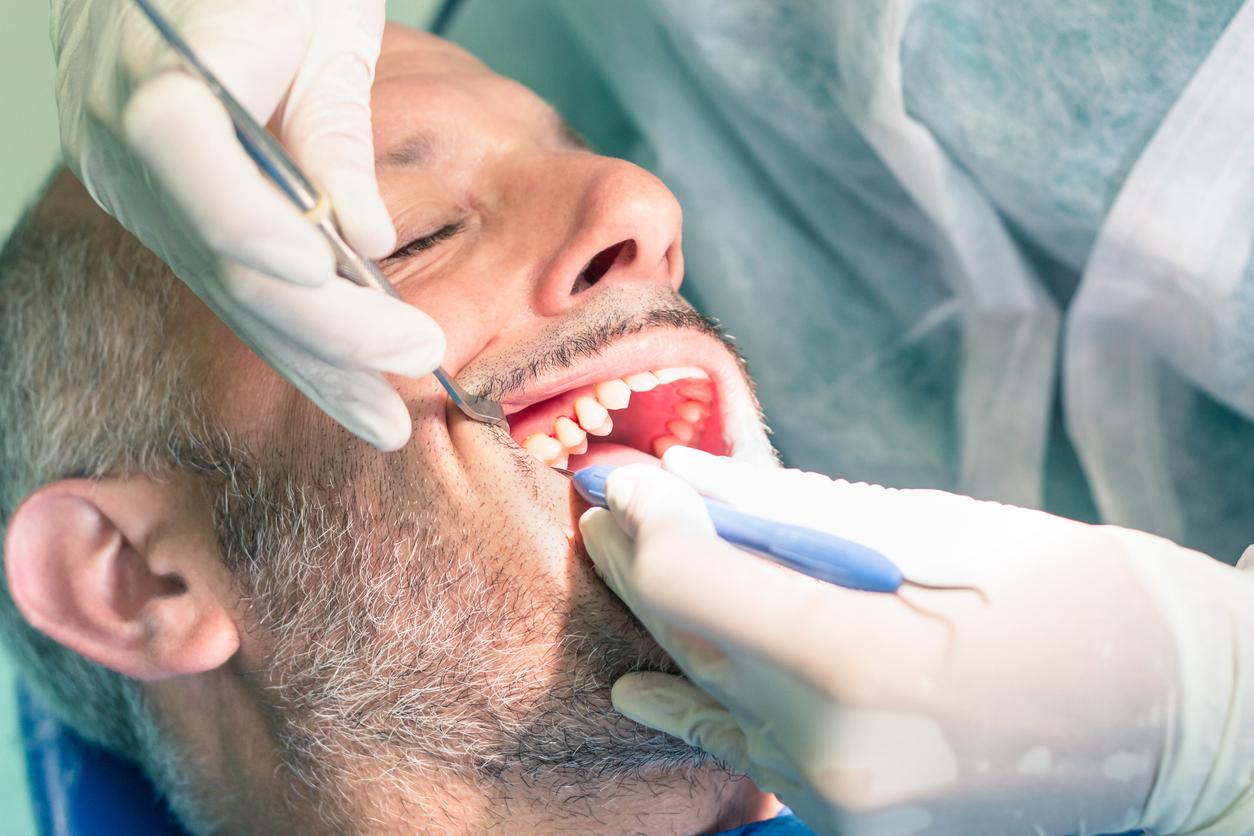Not brushing your teeth twice a day and avoiding the annual visit to the dentist increases the risk of developing head and neck cancer.
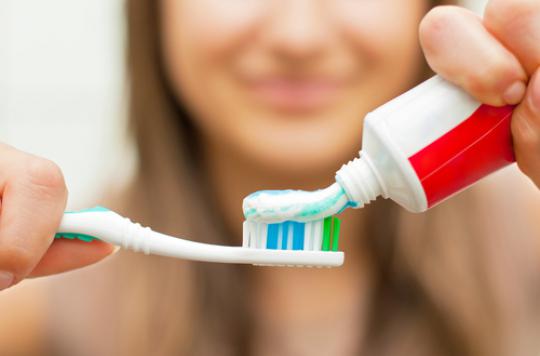
If 70% of head and neck cancers are linked to tobacco and alcohol consumption, poor oral hygiene is also a risk factor that should not be overlooked, according to a american study recently published in the journal Annals of Oncology.
Researchers from the Icahn School of Medicine in Mount Sinai (New York, United States) show that people who brush their teeth little and miss the annual dentist appointment have an increased risk of developing cancer. head and neck.
To reach this conclusion, the team studied 13 studies conducted in the Americas, Europe and Japan involving nearly 9,000 patients with this cancerous pathology and 12,500 healthy people. The researchers focused on things that could indicate the oral health status of volunteers such as wearing dentures, gum disease, missing teeth, frequency of tooth brushing and visits to the patient’s home. Dentiste.
4 in 10 French people do not go to the dentist
Their analysis suggests that people who have lost less than 5 teeth, do not have mouth diseases and respect the annual visit to the dentist as well as daily brushing have a low risk of developing head and neck cancer. Wearing dentures would not be associated with an increased risk. Conversely, people who take poor care of their teeth have a higher risk of developing oral or throat cancer.
The researchers specify that 11% of the people studied did not brush their teeth at least once a day. In France, according to the Sensodyne / Ifop study carried out in July 2011 (1), only 1% of French people surveyed said they never brush their teeth. Still, almost half of the French do not respect the 2 daily brushings, according to the same survey. We are also very numerous to shun the dentist: 4 in 10 French people do not go to the dentist regularly, warns the French Union for Oral Health (UFSBD).
Head and neck cancers include tumors that form in the upper aerodigestive tract (mouth, throat, pharynx), salivary glands and the nose. Globally, these cancers represent 4% of cancerous pathologies.
(1) Sensodyne / Ifop study carried out in July 2011 for GSK Santé Grand Public using a self-administered online questionnaire, with a sample of 1,008 people, representative of the French population aged 18 and over. Barometer carried out on the occasion of the Congress of the French Dental Association.
.








